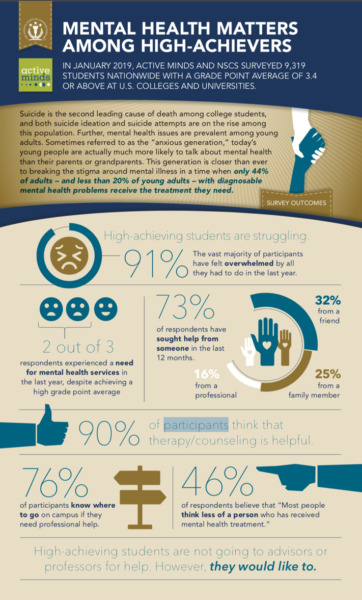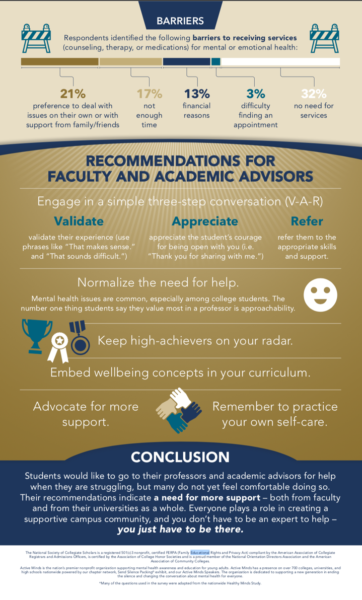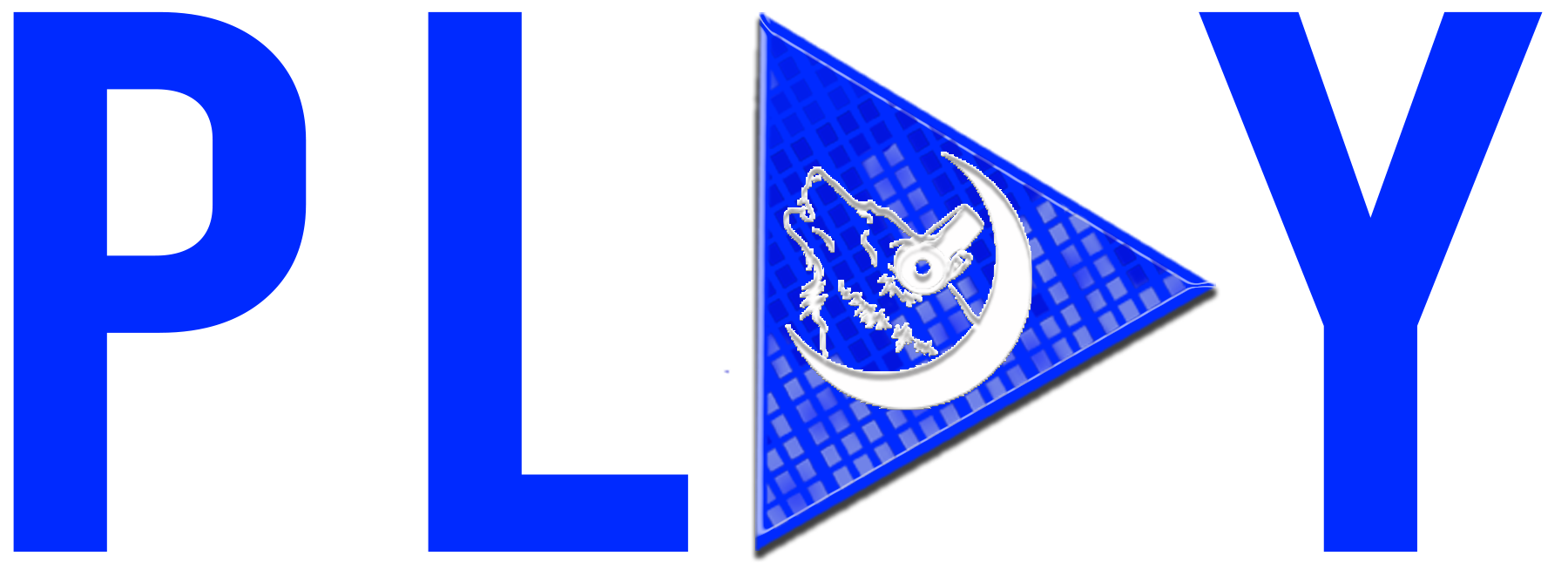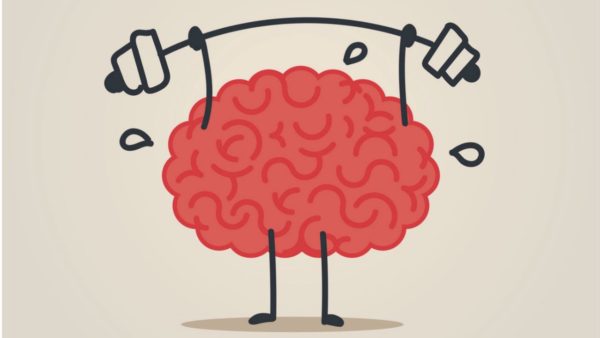High-achieving college students also experience mental health issues and are in need of more support, according to a recent survey by Active Minds and The National Society of Collegiate Scholars (NSCS).
Out of the 9,319 high-achieving students surveyed nationwide at U.S. colleges and universities, 91 percent felt overwhelmed by the workload they faced last year.
“Our data validate that high-achieving students struggle, too,” said Stephen Loflin, founder, and CEO of The National Society of Collegiate Scholars (NSCS). “It is important for faculty and advisors to keep overachievers on their radar throughout the academic year.”
Although these students manage to maintain grade-point averages of 3.4 or above, they still deal with challenges and may suffer from anxiety and depression. Two out of three participants felt a need for mental health services in the last year, and 90 percent of them think that therapy/counseling is helpful, according to the outcomes of the survey. In some cases, online therapy is beneficial to those who cannot attend an in-person appointment. Using such resources as Citron Hennessey to go through issues plaguing students or anyone who is finding it an uphill struggle.
Jessie Lowery, 18, who started her college education via Dual-Enrollment at UWG, currently has a 3.99 GPA. She is a high-achieving student majoring in Marketing, Finance, and Business Management.
“I recently started to attend counseling at Berry College,” said Lowery. “And knowing that there is someone there that I can talk to about anything without judgment is amazing.”
In the survey, which was administered in January 2019, high-achieving students also showed positive attitudes towards mental health services. Therefore, Active Minds and The National Society of Collegiate Scholars (NSCS) have come up with a few recommendations for university administrators, faculty, and academic advisors.
- Validate, Appreciate, and Refer. (V-A-R) Through this process, Faculty members can be there for the students, show that they appreciate the student’s courage for speaking up and refer them to the counseling center and other resources.
- Normalize the need for help. Faculty can help students realize that mental health issues are common, which will encourage them to seek for guidance.
- Keep overachievers on your radar.
- Embed wellbeing into your curriculum. Faculty can showcase wellbeing resources and assign homework, deadlines that encourage self-care.
- Advocate for more support. “Ask your administration for more training and resources to foster a culture of well-being,” said Active Minds’ Chief Program Officer, Laura Horne. “Mental health issues are the number one reason students drop out.”
- Remember to practice your own self-care. Faculty members need to practice self-care to help students.
Active Minds is the nation’s leading nonprofit organization promoting mental health awareness and education for young adults. The National Society of Collegiate Scholars is an honors organization that recognizes and elevates high-achieving first-and-second year college students.
Although this survey focuses on High-achieving college students, all students in need can receive help. As put in the release by the NSCS, mental health does not discriminate by GPA.


For more information on this research, mental health awareness and suicide prevention, visit https://www.activeminds.org
Alma Beauvais is the News Director for The Wolf Internet Radio.









